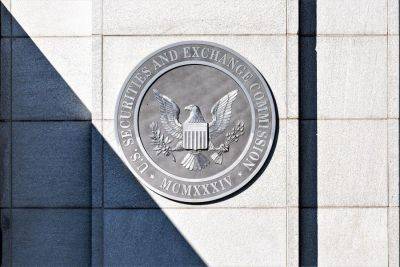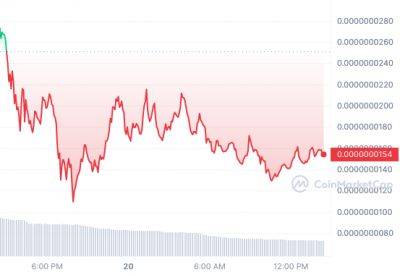Will compromise on anonymous crypto appease US regulators, spur adoption?
Cryptocurrencies were designed to be anonymous or pseudonymous, so there is an inherent tension when protocols come up against jurisdictional authorities.
In the United States, the blockchain and cryptocurrency sector has jousted with regulators over the need to comply with Know Your Customer (KYC) and Anti-Money Laundering (AML) rules, and even over adherence to economic sanctions regimes.
Most recently, a top U.S. Commodity Futures Trading Commission (CFTC) official suggested in a speech that it behooves the industry to verify the digital identity of its users. The CFTC has historically been friendly to the crypto sector — at least when compared with other U.S. agencies like the Securities and Exchange Commission — so its views might be worth considering.
However, is it possible “for all crypto companies to distance themselves from [digital currency] mixers and anonymity-enhanced technology,” as CFTC commissioner Christy Goldsmith Romero urged in an April 25 speech?
What about decentralized exchanges? Romero said central parties maintain them, and they could do KYC and AML if they wanted to. But would forcing compliance risk driving decentralized finance (DeFi) innovation abroad?
“Sure, it’s possible for companies to distance themselves from anything they want — software does what we tell it to do,” Preston Byrne, a partner at the law firm Brown Rudnick, told Cointelegraph, adding:
Whether crypto protocols have to comply with AML/KYC rules and other aspects of the U.S. Bank Secrecy Act (BSA) depends on whether they are “money transmitters” or “money services businesses” under the applicable state and federal laws, according to John Wagster, who heads the technology industry team at law firm Frost Brown Todd. But whether
Read more on cointelegraph.com









